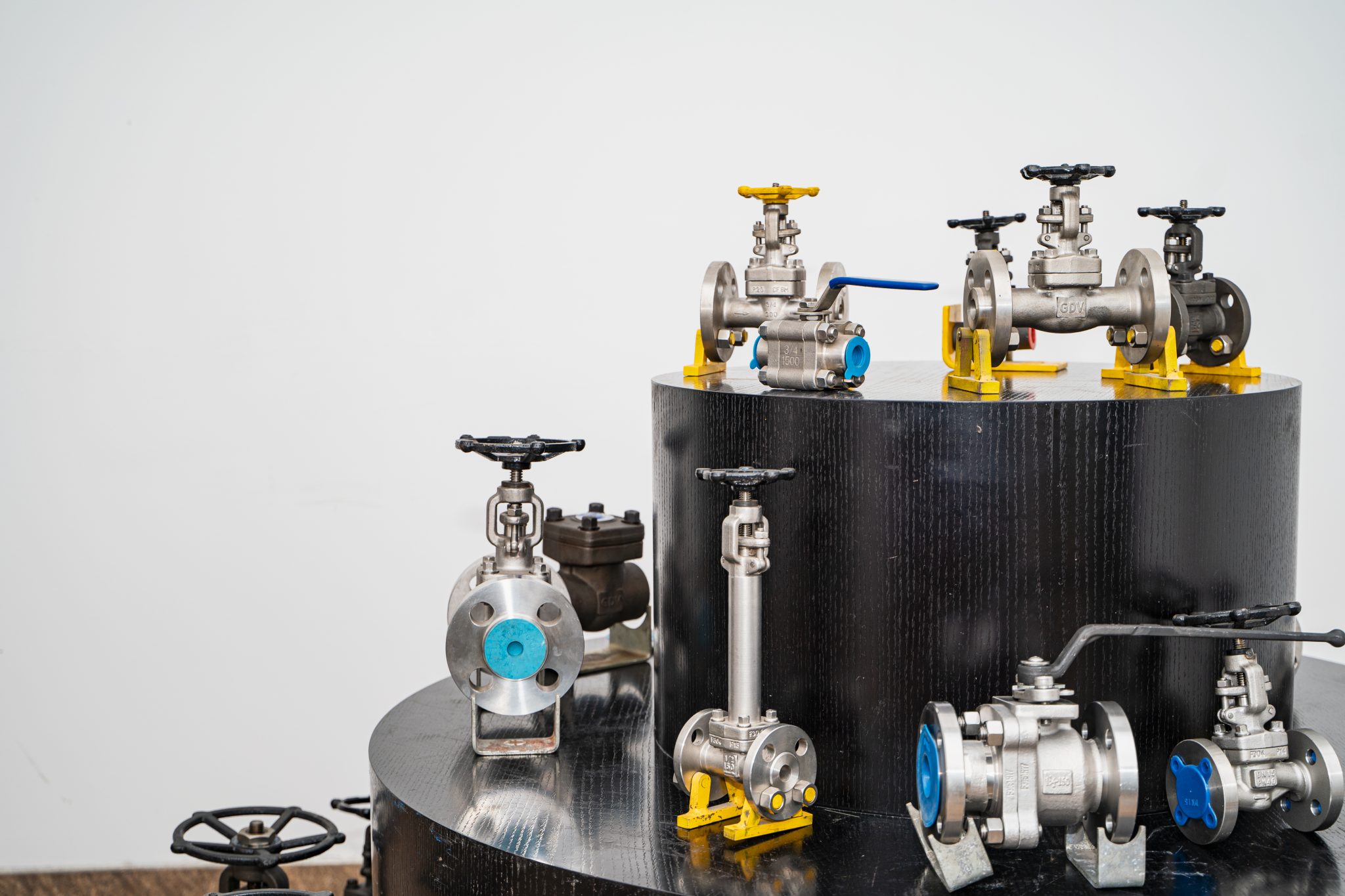Forged steel valves are essential components in many industrial applications, including oil and gas, petrochemicals, and power generation. They are known for their strength, durability, and resistance to corrosion and high temperatures. In this article, we will discuss what forged steel valves are, how they are made, and their various types and applications.
Forged Steel Valve
Forged steel valves are a type of valve made by using a forging process to shape the metal into the desired form. The forging process involves heating the metal to a specific temperature and then using high-pressure forging equipment to shape it into the desired shape. This process results in a product that is stronger and more durable than other types of valves.
How are Forged Steel Valves Made?
The forging process for making forged steel valves involves several steps, including:
Heating: The metal is heated to a specific temperature using a furnace.
Forming: The heated metal is then placed in a forging press or hammer, which applies high pressure to shape the metal into the desired form.
Trimming: The forged steel valve is then trimmed to remove any excess material or rough edges.
Heat Treatment: The forged steel valve is then heat-treated to improve its strength and durability.
Machining: The final step in the manufacturing process is machining, where the valve is finished to the desired dimensions and surface finish.
Types of Forged Steel Valves
There are several types of forged steel valves, each with its own unique features and advantages. The most common types of forged steel valves include:
Gate Valves: Gate valves are used to regulate the flow of fluids in a pipeline. They are designed to provide a tight seal when closed, preventing any leakage. Gate valves are commonly used in applications where high-pressure and high-temperature fluids are transported.
Globe Valves: Globe valves are designed to regulate fluid flow in a pipeline. They are similar to gate valves but have different shape that allows them to regulate fluid flow more accurately.
Check Valves: Check valves are used to prevent backflow in a pipeline. They allow fluids to flow in one direction only and automatically close when there is a change in the flow direction.
Ball Valves: Ball valves are designed to provide a tight seal when closed and to allow for quick and easy flow control. They have a spherical ball with a hole in the middle that can be rotated to control fluid flow.
Butterfly Valves: Butterfly valves are used to regulate fluid flow in a pipeline. They have a disc-shaped valve that rotates to control fluid flow.
Applications of Forged Steel Valves
Forged steel valves are utilized in a broad spectrum of industrial applications, including:
- Oil and Gas:
Forged steel valves are commonly used in oil and gas applications, including exploration, production, and transportation. They are used to regulate fluid flow and prevent leaks in pipelines and wellheads.
- Petrochemicals:
Forged steel valves are also used in the petrochemical industry, where they are used to transport and process chemicals and other materials.
- Power Generation:
Forged steel valves are used in power generation plants, where they regulate the flow of steam and water in turbines and boilers.
- Water Treatment:
Forged steel valves are also used in water treatment plants, where they regulate the flow of water and other fluids.
- Mining:
Forged steel valves are used in mining applications, where they are used to transport and process minerals and other materials.

